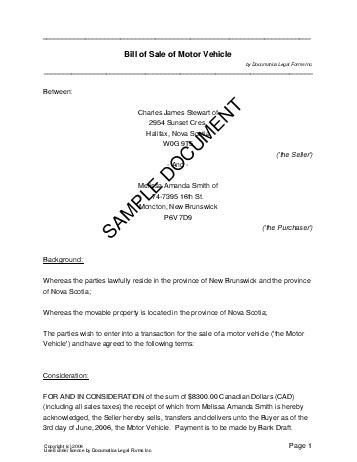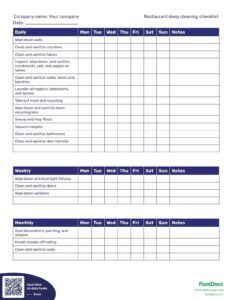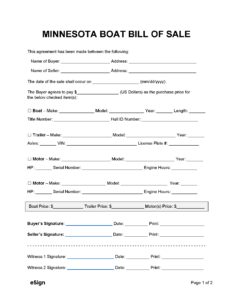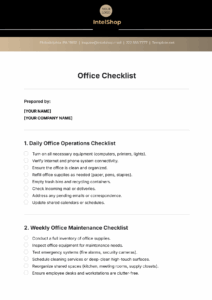When you’re buying or selling something of significant value, whether it’s a used car, a boat, or even a piece of equipment, having a proper record of the transaction isn’t just a good idea – it’s often a crucial step for your peace of mind and legal protection. This is where a bill of sale comes into play, acting as a clear, undeniable receipt and agreement for both parties involved. It formalizes the transfer of ownership, laying out all the essential details of the exchange.
In Nova Scotia, just like anywhere else, ensuring you have a legitimate and well-filled-out bill of sale can prevent misunderstandings and potential disputes down the road. It serves as your official proof of purchase or sale, providing a detailed snapshot of the transaction at the moment it occurred. Think of it as a historical record that verifies who owned what, when, and for how much, providing clarity for future reference, especially if any questions or legal matters arise.
Why You Need a Bill of Sale in Nova Scotia
A bill of sale isn’t just a formality; it’s a vital legal document that protects both the buyer and the seller in a transaction. For the buyer, it proves that you are now the rightful owner of the item, which is essential for registration processes, insurance claims, or simply to assert your ownership against any future claims. Imagine purchasing a vehicle without one; registering it with Service Nova Scotia would be impossible, and proving you own it if it were ever stolen would be incredibly difficult. It provides tangible evidence that money was exchanged for a specific item, effectively closing the deal legally.

For the seller, it offers equally important protection. Once the bill of sale is signed, it serves as proof that you have relinquished ownership of the item and are no longer responsible for it. This is particularly important for items like vehicles, where you want to ensure you are no longer liable for things like tickets, accidents, or ongoing expenses once it’s out of your possession. It clearly states the date and time of the transfer, ensuring you are covered from the moment the new owner takes over. Without it, you could potentially be held responsible for actions or incidents related to the item after you thought you had sold it.
Key Information to Include
To be effective, your bill of sale must be comprehensive and accurate. It’s not just about jotting down a few notes; it’s about capturing all the necessary data that solidifies the agreement and protects both parties. Every piece of information contributes to the document’s legal strength and clarity.
- Date of Transaction: The exact day the sale occurred.
- Seller’s Information: Full legal name, current address, and contact details.
- Buyer’s Information: Full legal name, current address, and contact details.
- Item Description: A thorough and precise description of what is being sold. For vehicles, this includes make, model, year, VIN (Vehicle Identification Number), odometer reading, and license plate number. For other items, include serial numbers, colours, and any distinguishing features.
- Purchase Price: The agreed-upon amount of money being exchanged, clearly stated in both numbers and words.
- Payment Method: How the payment was made (e.g., cash, cheque, e-transfer).
- Condition of Item: A statement regarding the item’s condition, often "as-is" or with any specific warranties mentioned.
- Signatures: Signatures of both the seller and the buyer.
- Witness Signatures (Optional but Recommended): Signatures of one or more impartial witnesses to the transaction, adding an extra layer of validity.
Ensuring all these details are correctly filled out prevents ambiguity and strengthens the document’s legal standing. Any omissions or errors could potentially undermine its effectiveness, so taking the time to complete it meticulously is always a wise investment.
Finding and Customizing Your Bill of Sale Template Nova Scotia
When it comes to sourcing a reliable bill of sale template Nova Scotia residents can use, you have several options. Many general online legal resource platforms offer downloadable templates, but it’s always best to look for one specifically tailored to Canadian or, even better, Nova Scotian provincial requirements if possible. Government websites, such as those related to Service Nova Scotia or specific departments handling vehicle registration, might also provide sample forms or guidance that can help you understand what’s needed. Alternatively, reputable legal document services often offer customizable templates that can be adapted to various transaction types.
The key is not just finding any template, but one that is flexible enough to accommodate the specifics of your transaction while meeting the fundamental requirements of a legal document in Nova Scotia. While many templates are generic, they should ideally be simple enough to understand and fill out without needing extensive legal expertise. Remember, a generic template might need slight adjustments to ensure it fully complies with any nuances unique to provincial regulations, especially concerning things like motor vehicle sales where specific information (like the VIN and odometer reading) is absolutely critical for registration purposes.
Once you have chosen a suitable bill of sale template, the next crucial step is to meticulously fill it out. Pay close attention to every field, double-checking names, addresses, and especially the description of the item being sold. For example, if you’re selling a car, ensuring the VIN is correct and matches the vehicle’s registration is non-negotiable. Similarly, the agreed-upon price should be clearly written out to avoid any misinterpretation. It is also wise to include a statement about the item’s condition, whether it is "as-is" or if any warranties are implied or explicitly stated.
- Download: Choose a reputable and relevant template.
- Fill Accurately: Input all required information with precision.
- Review: Double-check every detail for errors or omissions.
- Sign: Ensure both buyer and seller sign the document.
- Copies: Make multiple copies for both parties to retain.
Remember that a bill of sale, while a powerful document, doesn’t negate the need for due diligence on both sides. For the buyer, this means inspecting the item thoroughly before purchase. For the seller, it means accurately representing the item’s condition. While the general structure of a bill of sale template Nova Scotia uses will be similar across different asset types, you might need to add specific clauses depending on whether it’s a vehicle, a boat, or just household goods. For complex or high-value transactions, or if you are unsure about any legal implications, it’s always a good idea to seek advice from a legal professional to ensure everything is above board.
A properly executed bill of sale is an indispensable tool that simplifies transactions and protects the interests of everyone involved. It eliminates guesswork, provides clear evidence, and acts as a foundation for secure and transparent transfers of ownership. By utilizing a comprehensive document and ensuring all details are accurate, you set yourself up for smooth dealings and greater peace of mind.



